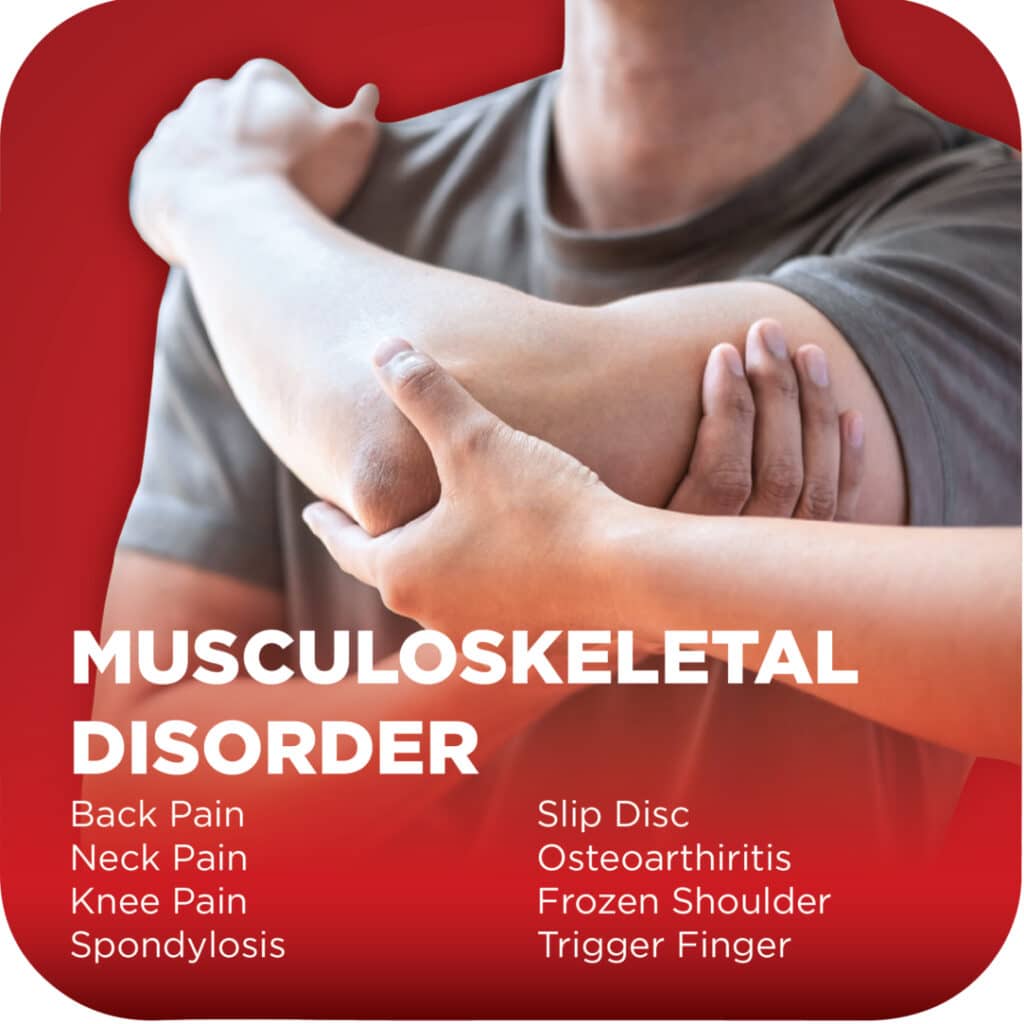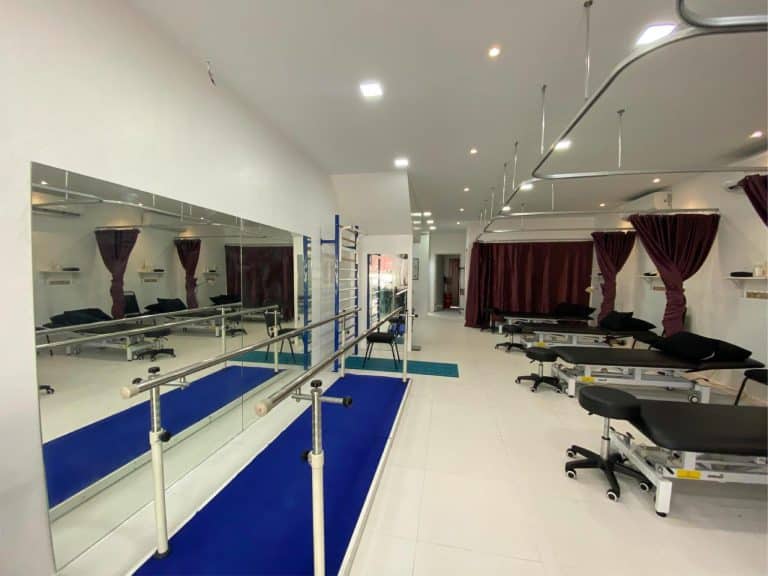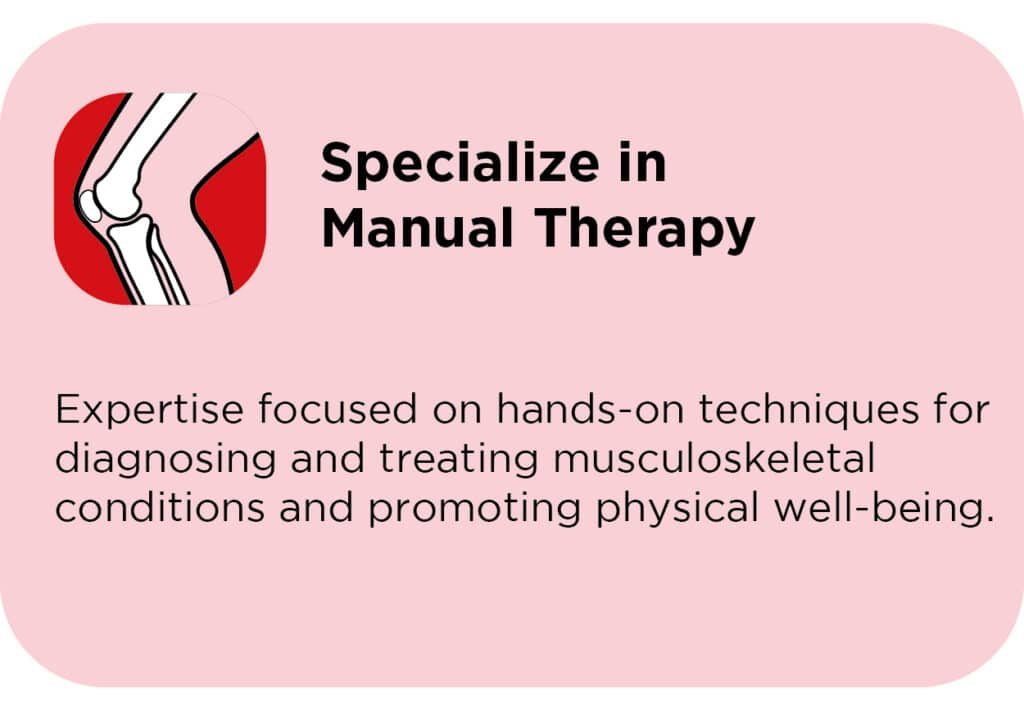Leading Manual Physiotherapy:
In-Clinic Excellence & Mobile Convenience
Welcome to Physiomobile official website! Our team provides effective physiotherapy treatment tailored to you. Join the thousands who have found relief and healing through our manual therapy techniques. With over 44,671 success stories, your journey to wellness starts here!
Conditions we help






Physiotherapy
Centre
Physiomobile have several physiotherapy clinics around Malaysia.

Housecall
Treatment
We provide housecall physiotherapy (Mobile Physiotherapy service) treatment for patient who prefer to get their treatment at the comfort of their house.

Sport
Physiotherapy
We provide Sport Physiotherapy Treatment to enhance individual physical performance & overal wellbeing

Corporate
Physiotherapy
Physiotherapy treatment for corporate client including wellness talk, mini treatment booth & wellness bazaar.
Why choose
Physiomobile






More clients feedback
We always strive to provide the best for our customers. This is a summary of their experience with us
Registered Panel









Corporate Clients
























Frequently Asked Questions
We always strive to provide the best for our customers. This is a summary of their experience with us.
Physiotherapy can be beneficial for a wide range of conditions, including musculoskeletal injuries, neurological disorders, sports injuries, post-surgical rehabilitation, chronic pain, and respiratory problems, among others.
Typically, physiotherapy sessions are 40 minutes to 60 minutes. However, this varies from person to person and clinic to clinic, and depends on the specific needs of your injured area
This is where your physiotherapist will test your strength, flexibility, function, gait, reflexes, and more to properly diagnose the issue and determine an appropriate treatment plan. They may also use palpation techniques to assess the injured or affected area











